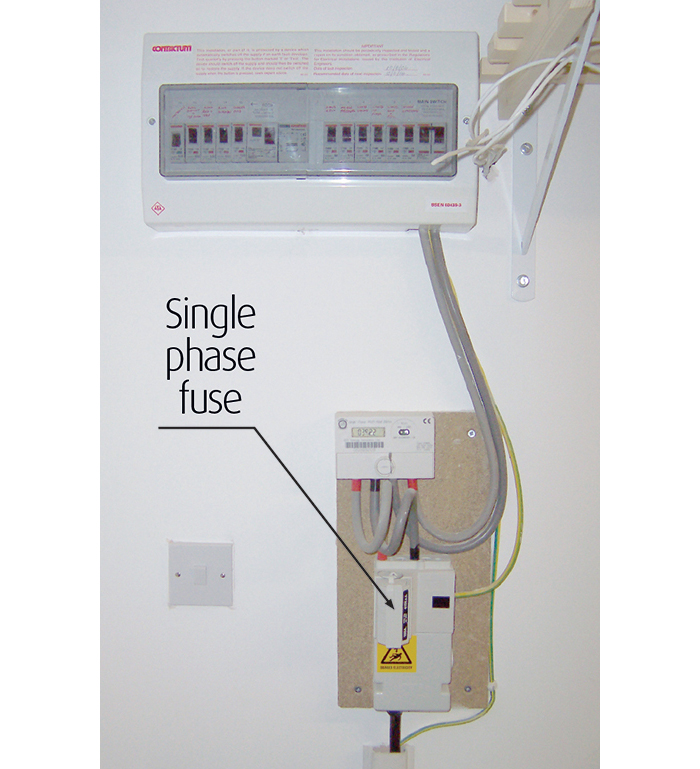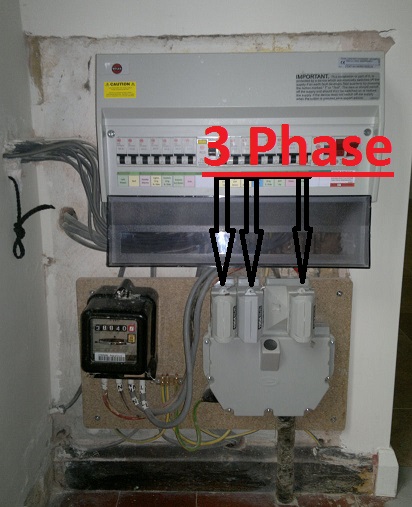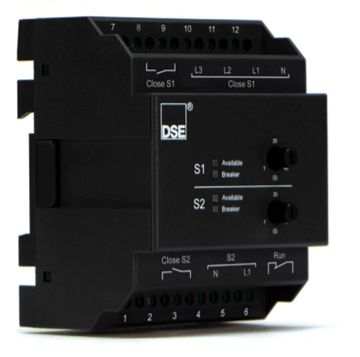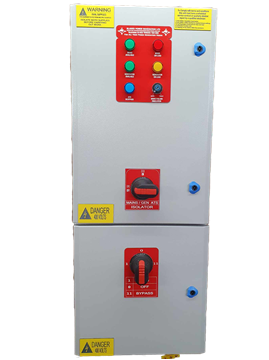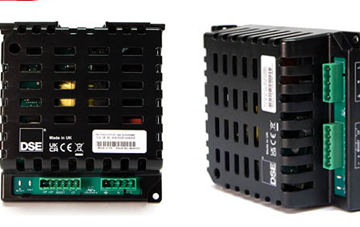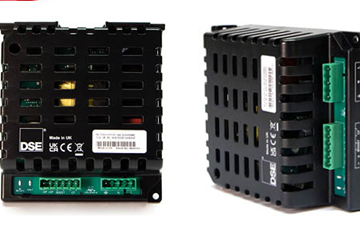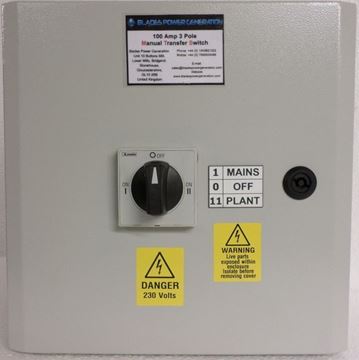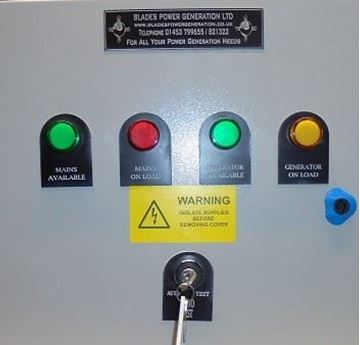There are some components that, when added to a generator, can make a significant difference. These components may optimise the generator’s operation or respond to complex requirements. One of these components is the automatic transfer switch. As the name implies, it is a component allowing the automatic switching of the energy sources feeding the load.
Some of the ways automatic transfer switches boost generator efficiency are explained below.
- Maintains uninterrupted electrical supply
Many businesses and residential buildings require a constant electrical supply for the maintenance of essential services. An automatic transfer switch is the best option because it maintains uninterrupted electricity.
Some examples of entities implementing automatic transfer switches out of necessity are data centres, hospitals, fire departments, police departments, and so on. Thanks to zero interruptions to electricity, these entities are able to safeguard the general safety of the people. Also, hotels and rental properties can use generators with automatic transfer switches.
- Seamlessly switches from utility feed to generator feed
Besides maintaining a constant electrical supply, automatic transfer switches ensure the most effective way to change from utility to generator feed. You do not need to locate the manual transfer switch when the lights go out because the changeover will happen automatically. Hence, the activities can carry on as normal without any interruptions, and you will remain unaffected by the effects of a power outage in your area.
- Perfect for inaccessible generators
For those owning a small business or living in a small house, it is easy to locate the generator by accessing the utility room. So, generators with manual transfer switches won’t be an inconvenience. However, if the facility is significantly larger and the generators are located in upper areas requiring catwalks, ladders or special keys to access, it will be an inconvenience if the generators have manual transfer switches. In the midst of an inconvenient outage, it is not only a headache to locate the generator and switch it manually but also potentially dangerous.
So, it is clear to see that generators with automatic transfer switches are the best option as they ensure uninterrupted power supply and maximum emergency power during blackouts.
If you are interested in checking out used generators for sale in the UK, our line of automatic transfer switches is used by several homes and organisations. At Blades Power Generation, we comprehend your need for a quality power panel and offer used generators to meet your budget requirements. You can also rely on us for new generators if there are no budget constraints.













